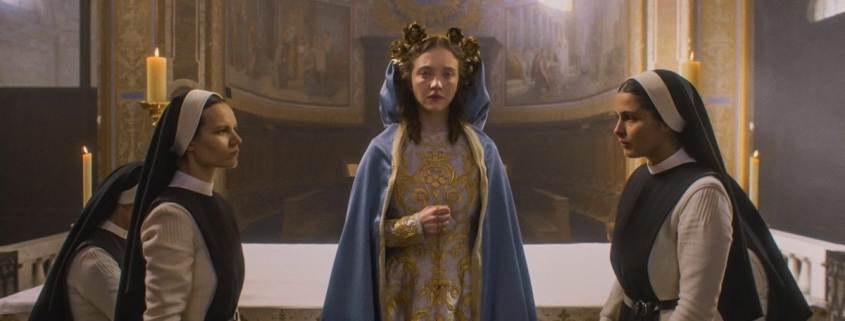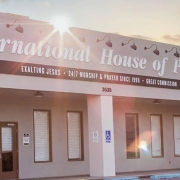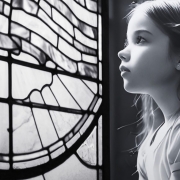A controversial horror film embodies the real-life horrors of church abuse
This article originally appeared at Baptist News Global on May 22, 2024.
There’s a thin line between reading a memoir written by somebody who grew up in conservative Christianity and watching a horror movie.
As Christa Brown, a frequent contributor to Baptist News Global, releases her new memoir Baptistland: A Memoir of Abuse, Betrayal, and Transformation, it’s hard to miss the parallels between the horror she and many of us have faced in conservative Baptist churches and the trauma Sydney Sweeney’s character named Sister Cecilia experiences in the new horror film Immaculate.
One is fictional and one is nonfiction, but the stories harmonize.
And just as Brown has been demonized by being labeled a “spawn of Satan,” so has Sweeney’s film.
Catholic Review called Immaculate “a vile piece of horror tripe,” “morally offensive,” said it “contains blasphemy” and claimed “the viewpoint is entirely secular rather than Protestant while the animus is more broadly anti-Christian.”
According to Focus on the Family, the central message of Immaculate is that “religion needs to become extinct.”
Reaction to the movie from many on the right has been so strong that Neon, the production company behind the film, began using some of the criticisms in their marketing.
 According to one user on X whom Neon quoted for a T-shirt, Immaculate is a “blasphemous, satanic, feminist, pro-abortion, anti-life movie degrading Christians! This movie also debases Mary, mother of Christ!”
According to one user on X whom Neon quoted for a T-shirt, Immaculate is a “blasphemous, satanic, feminist, pro-abortion, anti-life movie degrading Christians! This movie also debases Mary, mother of Christ!”
“Diabolical, sacrilegious, pure evil and grossly offensive,” wrote another. “It is profane and has a third act that spits in the face of all that is holy. Just … evil.”
But as the stories of Sister Cecilia and Christa Brown remind us of the sexual abuse scandals within Catholic and Baptist churches, one begins to question who is really spitting in the face of all that is holy.
When the church is the monster
While most horror movies depict the church as the hero providing exorcisms, director Michael Mohan’s Immaculate opens up a conversation about the most horrific experiences many people today have faced from the church.
It tells the story of a young American woman named Cecilia who is spared from drowning as a child and grows up to join the nuns at a convent in Italy called Our Lady of Sorrows that was built over the catacombs of Saint Stephen, the first Christian martyr.
After taking the vows of poverty, chastity and obedience, Sister Cecilia looks forward to adjusting to her new home and serving God inside the walls of the church for the rest of her life. But she soon discovers she’s in a nightmare she fears she’ll never escape.
When she learns she’s pregnant, despite never having had sex, the leaders at the convent tell her she has to be like Mary and give birth to the child in order to save them.
Similarly, in Baptistland, Brown recalls church leaders telling her to be like Mary as well. “If Mary hadn’t been willing to trust in what God wanted of her, however crazy it seemed, then human beings for all time eternal would be in hell without a Savior,” Brown writes. “And we aren’t talking some mere metaphorical hell. The church I grew up in dished out a constant threat of a hyper-violent hell where those who rejected God would burn forever in a fiery inferno without ever getting the relief of burning up.”
In other words, while both stories appeal to Mary’s innocence, their theologies of justice cause children to lose their innocence.
The commitment of the innocent
The way Cecilia’s innocent commitment to God is taken advantage of by church leaders is similar to the experience Brown shares.







Leave a Reply
Want to join the discussion?Feel free to contribute!